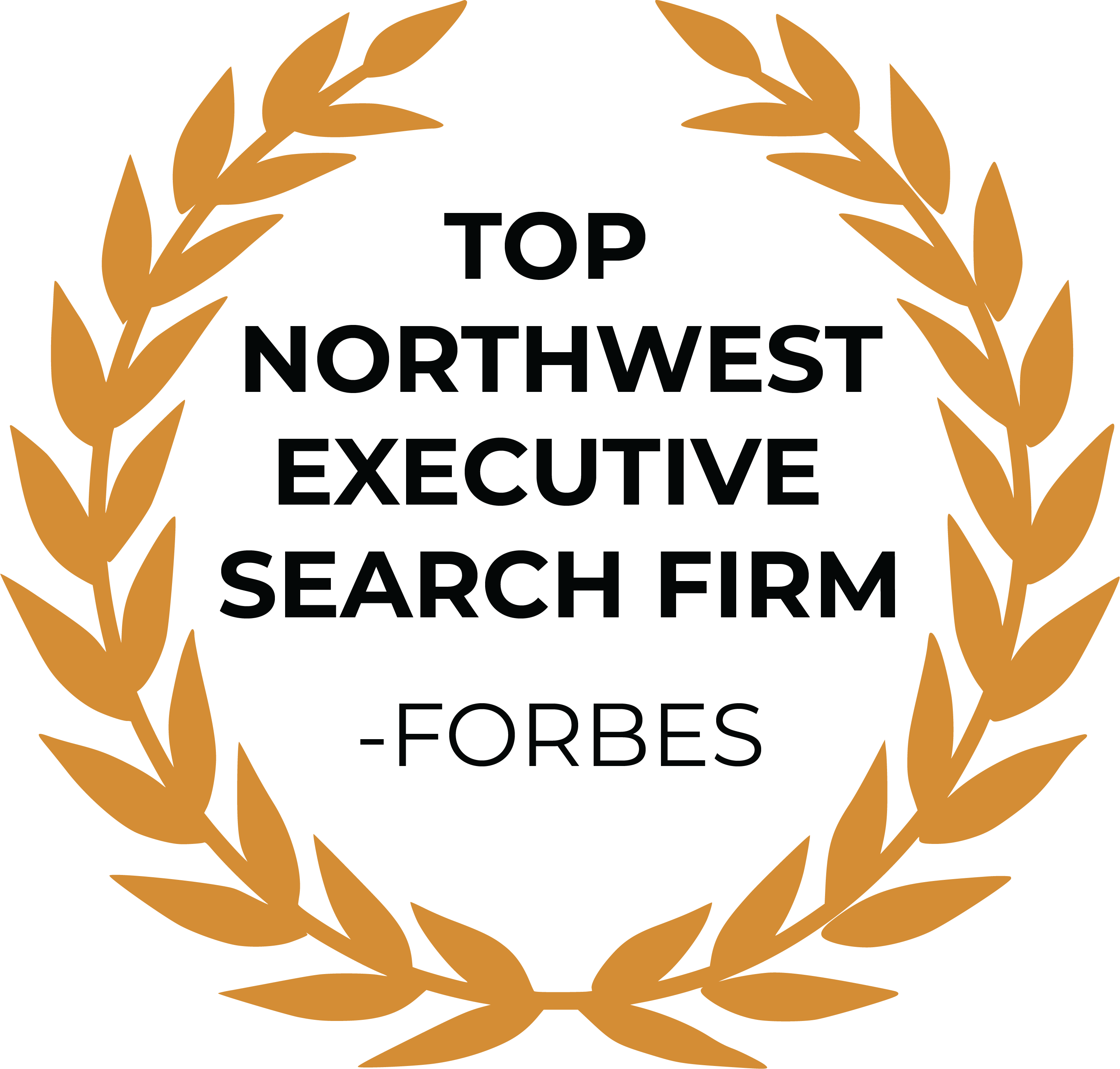Create an Excellent Candidate Experience

By Karen Bertiger / Special to The Seattle Times Jobs (published in June 2016)
It’s no secret that today’s talent market is highly competitive, but perks and sign-on bonuses aren’t the only way to attract top talent. Creating a positive interview experience can strongly influence a candidate’s interest, as well as create a long-lasting impact on your overall employment brand.
According to a LinkedIn poll, more than 80 percent of candidates expressed that a negative interview experience can change their minds about a role; likewise, more than 80 percent also said that a positive experience could change their mind the other way.
But it’s not just the candidate you want who matters; everybody has a network with whom they may share their experience. Employer review sites like Glassdoor.com are becoming an influential resource for career decisions. More than 60 percent of candidates who have a positive interview experience will not only actively encourage others to apply, but 39 percent of them would be more likely to purchase that company’s product or service. Meanwhile, a third of those who had a negative experience will publicly share that experience as well, according to the Talent Board’s Candidate Experience Awards survey.
Your goal is to ensure that every candidate who has a touchpoint with your organization not only feels they were treated professionally but leaves the experience a new fan of your company.
Here are a few simple steps you can take that will make an immediate impact on your candidates’ experience.
Hook them early with a job description that “wows” and an easy application process.
Job descriptions should outline the exciting possibilities of the company and its role. They should clearly state the qualifications and goals for the position, followed by a straightforward submission process. Send an automated confirmation so the candidate knows his or her application was received. Often, résumé submissions fall into a “black hole” within recruiting departments; by providing a response, you will differentiate yourself and add a touch that shows appreciation for the candidate’s effort.
Communicate, communicate, communicate.
This is the No. 1 mistake hiring managers and recruiters make when it comes to the candidate experience. Make it a goal to reply to every applicant within 48 hours, either to schedule a first interview, request additional information or respectfully decline with an email template. Throughout your interview process, keep every candidate informed on the next steps and timing.
Outline your hiring process, so the candidate can focus on the interview and not logistics.
When inviting a candidate in for an interview, provide clear directions both to the office and upon arrival, and details describing the structure of the interview, e.g., how long should they expect to be there? Whom will they meet? Will there be a white-boarding session or other skill assessment tests? Providing candidates with the proper information to prepare for the interview will make the candidate feel more confident and at ease, which leads to a more “real” interaction. When the interview is over, be sure to let the applicant know when you plan to follow up with next steps — and then do it.
Respectfully decline.
It’s much easier to focus on creating a good experience for the candidate you hope to hire. But how do you guarantee that the candidates you decline will still leave the process with a positive impression of you and your company? Respectfully declining a candidate is a task most of us would rather avoid, so it’s not surprising that one of the top complaints of the interview process is never being officially “closed out.” By sending a quick, professional note letting the candidate know he or she will not be moving forward in the process, you will actually make a much more positive impression than if you avoid delivering the bad news. If the candidate advanced through multiple interviews, take the time to deliver the news by phone.
Timely communication is even more important when it comes to the candidate you do want. There’s a good chance your top choice will receive multiple offers from your competitors. The candidate will consider a number of factors when deciding which offer to take, but many hiring managers don’t realize that one of those factors is the experience the candidate had throughout the interview process. Did he or she receive clear, professional communication? Was the interview process well-organized? These are indicators of how he or she will be treated once in the job.
Most of these steps can be automated and will take just a few minutes, or even seconds, of your time. And yet, so many companies miss these opportunities to create a long-lasting, positive employer reputation in this competitive marketplace. By treating every candidate with professionalism and respect, you will have a competitive advantage over a less-conscientious competitor.
Karen Bertiger advises companies throughout the Puget Sound area as an executive search consultant with the Seattle-based firm Herd Freed Hartz, Inc.
Last update of the article: 06/05/2020.

